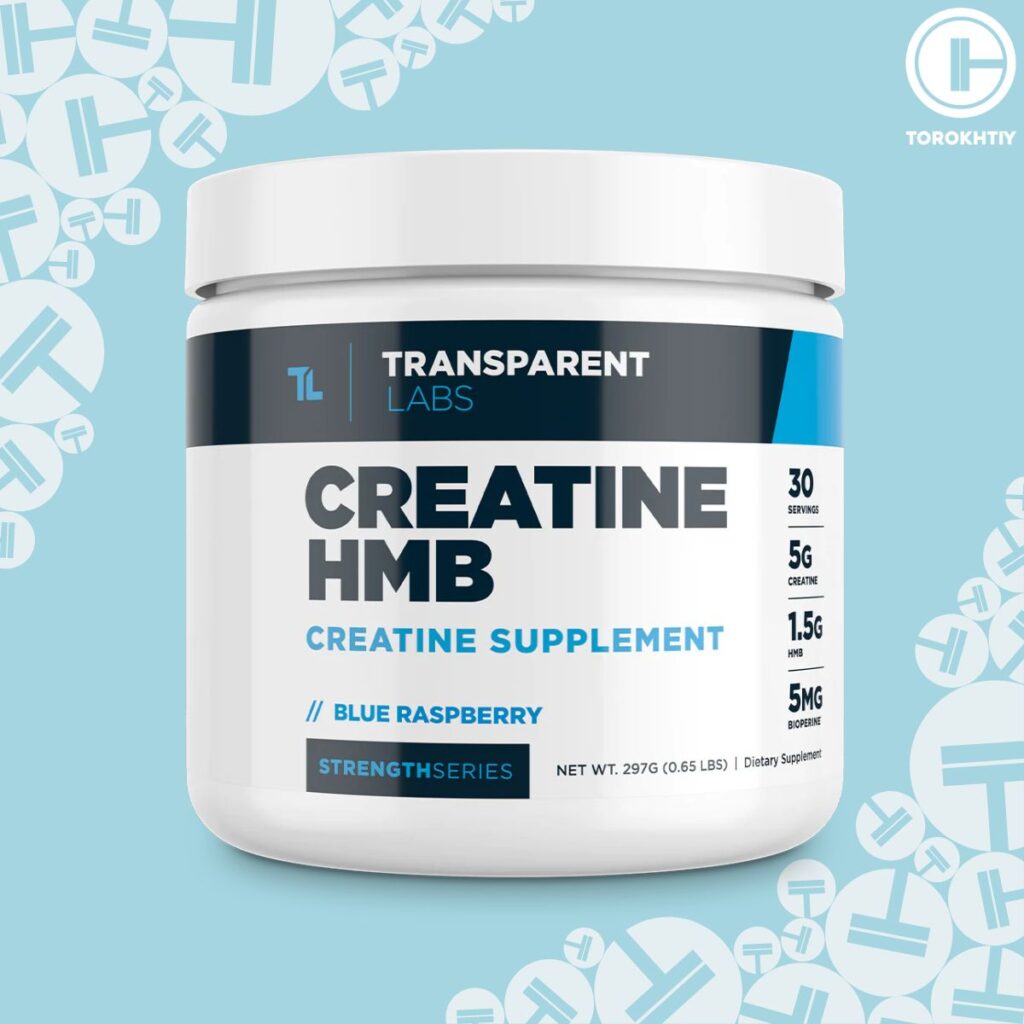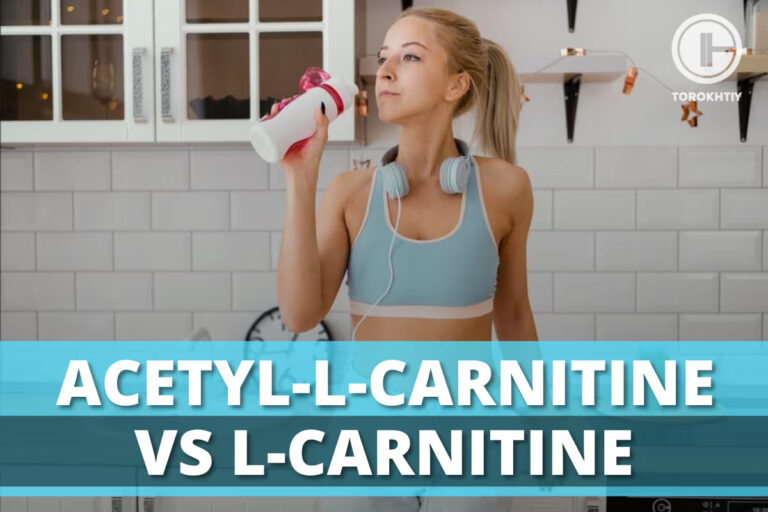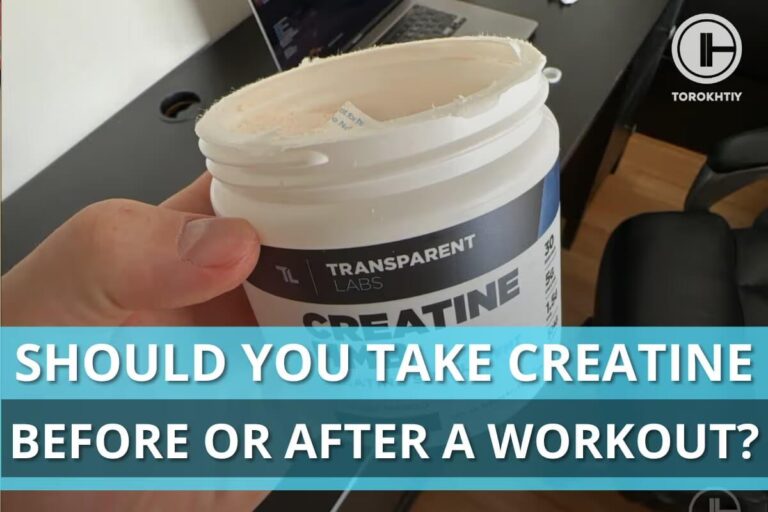Does Creatine Increase Testosterone: Fact or Myth?
Creatine is among the most researched supplements in the world. It is used all over the world by athletes and non-athletes for various purposes, the main purpose being to boost high intensity physical performance. But there’s another fact or myth floating around, does creatine increase testosterone?
Does Creatine Increase Testosterone? The simple answer to the question: does creatine increase testosterone is a big no! Even though creatine is the most well-studied supplement, there is no evidence to suggest that creatine aids in boosting testosterone levels. Let’s get into the details related to creatine and testosterone.
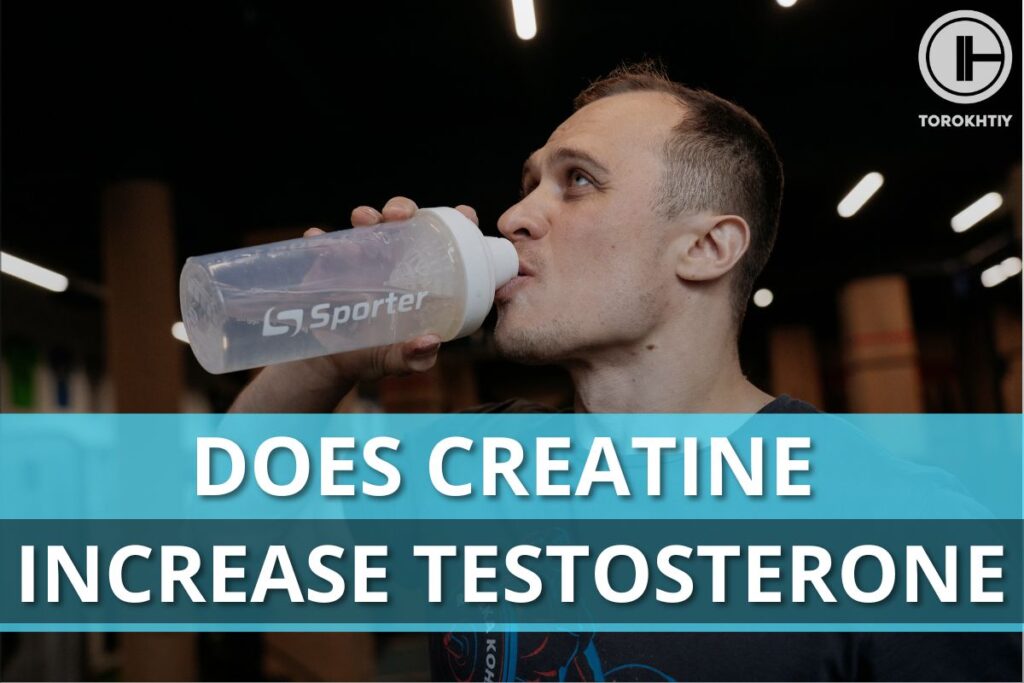
Does Creatine Boost Testosterone?
Testosterone is a sex hormone with several functions. It contributes to the development of male sexual organs. It is also responsible for sex drive and sperm production. In addition, testosterone also helps to develop bones and muscles. Conversely, poor sexual health or bone or muscle strength can be indicative of low testosterone levels.
While it may not be discussed much, testosterone is also produced in the ovaries and adrenal gland in females. Hence, it can impact ovarian strength in women, among other effects.
Testosterone production usually decreases with age. There can be other contributing factors: lifestyle, obesity, or health conditions like diabetes or hypertension. Reversing this may include the use of supplements. One such supplement, often touted as a way to boost testosterone is creatine, a dietary supplement often used by athletes to enhance muscle performance. But is it effective?
First a word about creatine. This is a naturally occurring molecule which is found in the human body, especially the brain and muscles. The building blocks of creatine are glycine, arginine, and methionine.
These are the main amino acids that the body uses to produce creatine. Since 95% of creatine in our body is stored in muscles, it is a source of energy when you need short bursts of power. Hence the interest of the athletic community in the use of creatine to enhance performance. It also explains why people want to explore the link between creatine and testosterone.
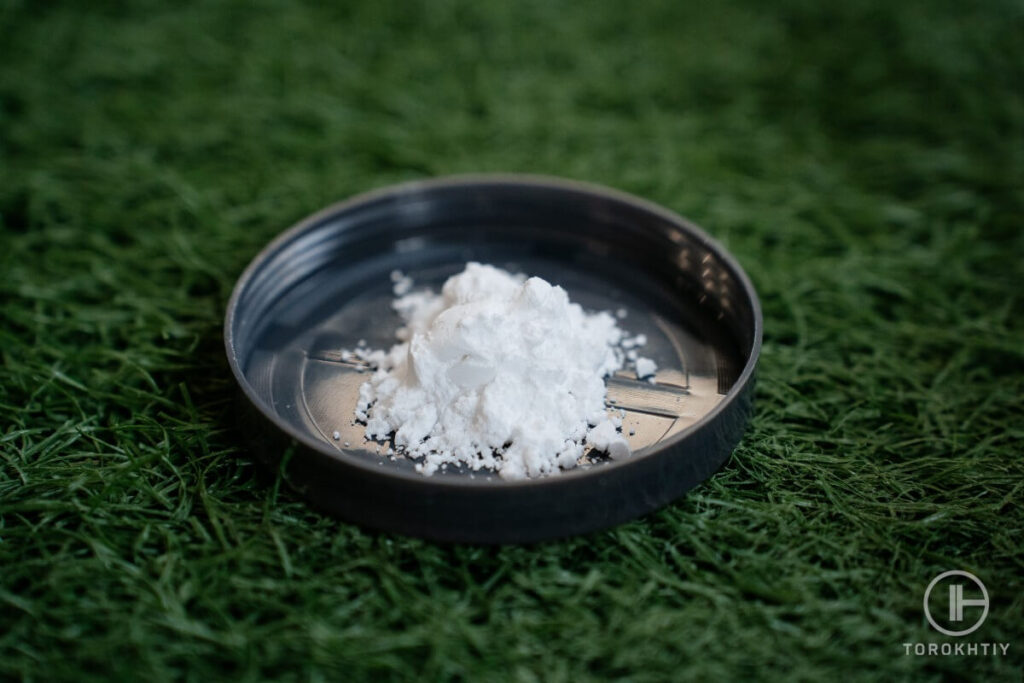
This question has been the subject of various studies and has divided the fitness and medical communities. Even though the evidence remains ambiguous, limited research has shown a marginal increase in testosterone levels with creatine use. But other studies have shown no significant difference.
For example, one study involved soccer players who took creatine. The study did show that creatine increased testosterone levels both during and after the game. Another study focused on men who did resistance training.That study revealed that a week of high dose creatine supplementation resulted in a short term increase in testosterone levels.
There is another study with rugby players which focused on how creatine loading affected DTH levels. DTH is a sex hormone derived from testosterone. This study showed that after a week of creatine loading, DTH levels in rugby players increased by more than 55%. Not only that, but the levels remained 40% above baseline after 14 days of maintenance. However, serum testosterone level did not change with creatine loading.
In all these studies, however, the increases were temporary and hence, we have no evidence for long term effects of creatine on testosterone.
What the evidence does show is that creatine supplementation is effective if you want to enhance energy and muscular endurance. Some studies also suggest the potential benefits of creatine for brain, bone, and cardiovascular health.
So, if your sole purpose for taking creatine is to boost your testosterone levels, you should avoid investing in creatine supplements. Don’t be disheartened though, as there are other ways to bump up your testosterone, which is why it is better to consult with your healthcare professional regarding this matter.
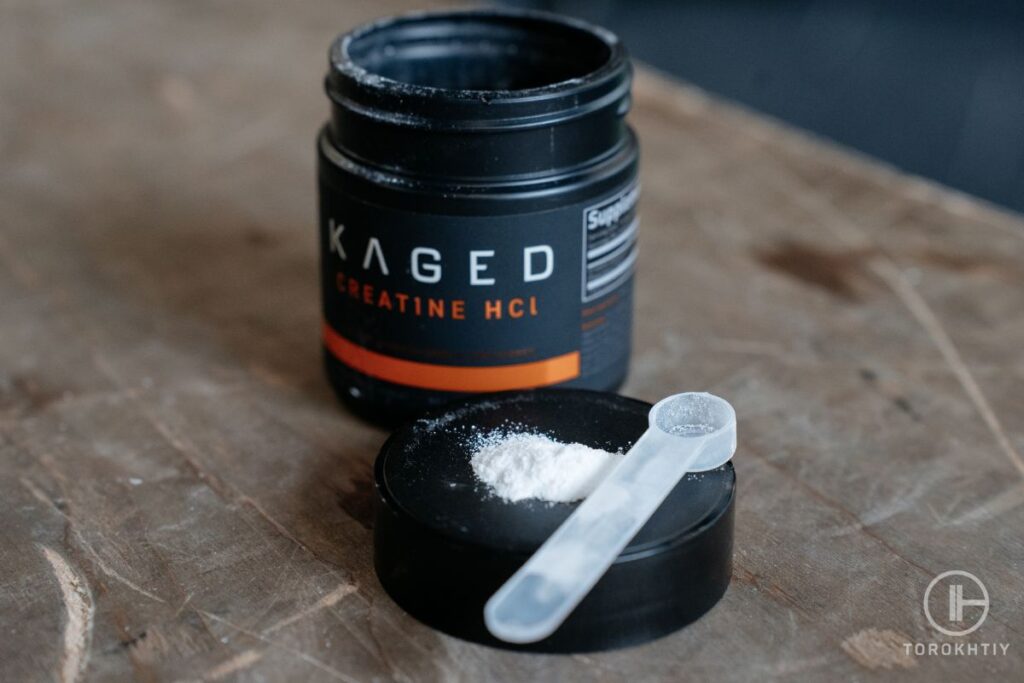
How Does Creatine Help Increase Strength and Build Muscle Mass?
The one major aspect of creatine that is shown in a positive light is the fact that creatine impacts your strength and muscle mass. Because of this, you can say that creatine helps you to workout harder and stronger, and that may give your testosterone levels a bump. That’s the indirect creatine effect on testosterone.
1. Creatine Enhances Physical Performance
Creatine supplementation provides ergogenic effects by increasing the availability of creatine and phosphocreatine (PCr) in the muscles. Studies show this improvement across all age groups.
The increased muscular creatine levels lead to better acute exercise capacity and training responses. Hence, creatine supplementation allows athletes of all ages to do more work during sets. It results in increased strength, muscular mass, and overall performance.
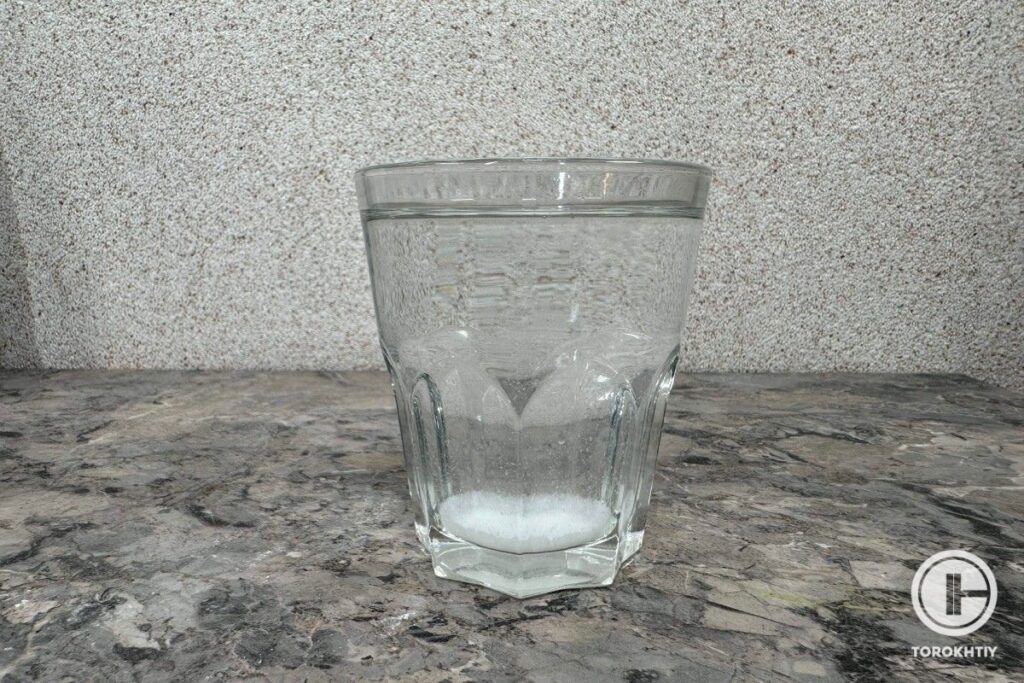
Furthermore, creatine supplementation is especially advised for power and strength athletes who play sports like American football or basketball. These are sports that need intermittent sprinting and rapid recovery.
Creatine loading (initial dose) leads to an improvement in overall performance in high-intensity and/or repeated activities up to 20%. It also depends on the extent of the rise in muscle PCr. It again demonstrates creatine’s influence on strength and muscle mass.
2. Creatine Speeds Up Recovery
Secondly, creatine encourages speedier recovery after intense exercise. This mechanism works effectively when you combine creatine with carbs and protein, which enhances creatine and carbohydrate storage in muscles (crucial for recovery). Creatine is also effective in decreasing muscle damage.
Moreover, creatine can also regulate inflammatory reactions. Creatine supplementation has been proven to lower inflammatory markers in athletes.
For instance, in one study, creatine supplementation in marathon runners decreased levels of indicators such as CK, prostaglandin E2, and TNF-alpha. It is evidence of creatine’s contribution to an efficient healing process by controlling inflammation.
Creatine also promotes appropriate glycogen levels, which aid in glycogen regeneration. This gives athletes the energy they need to perform well for extended periods of time. It allows you to workout for longer without damaging your muscles, leading to strength and mass gains.
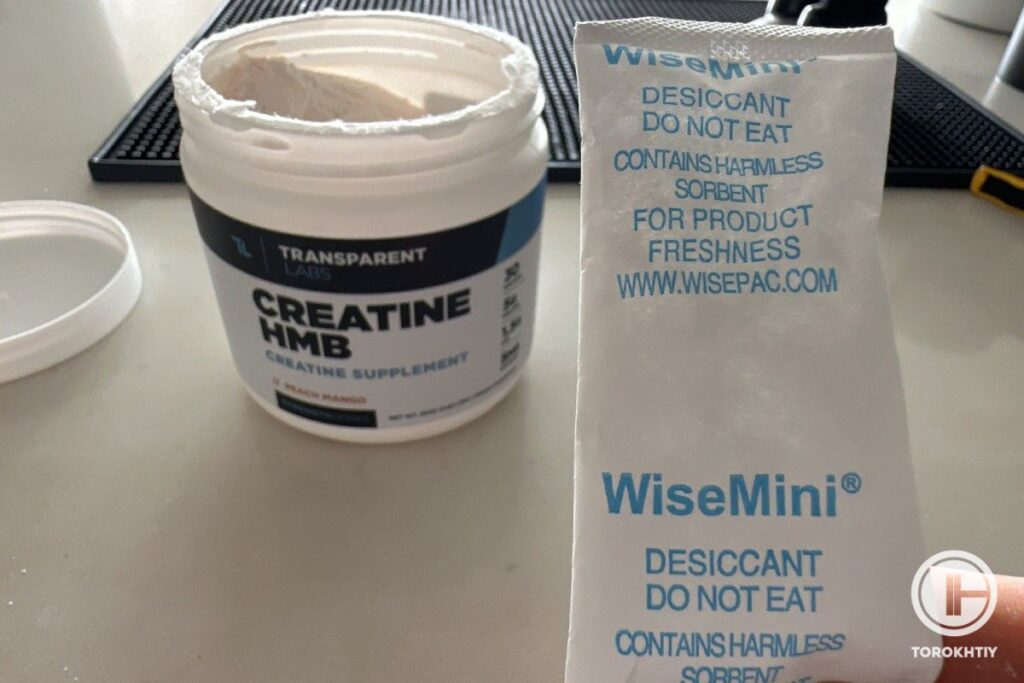
3. Creatine Improves Rehabilitation
Creatine promotes damage recovery. According to one study, subjects with limb immobilization who took 20 g/day to 5 g/day for ten weeks saw a 10% increase in muscle fiber cross-sectional area and a 25% improvement in peak strength.
Creatine also counteracts muscular atrophy caused by immobility. In short, creatine supplementation promotes recovery during rehabilitation, even if you have a significant injury (in some cases).
4. Creatine May Help to Prevent Injury
Moving on, creatine supplementation during exercise lowers the incidence of musculoskeletal injuries and muscular cramping. In one study, athletes who took 15–25 g of creatine per day for 4–12 weeks reported no adverse effects.
Other studies show no significant variations in health indicators between athletes who used creatine and those who did not. However, athletes who use creatine while training have a reduced incidence of injuries compared to those who do not supplement.
5. Creatine Helps To Exercise In High Temperatures
Creatine, like carbohydrates, retains water. This water retention can lead to some weight gain, but not considerably. One study found that creatine supplementation (20 g/day for seven days) before extended, intense workouts at 30°C raised intracellular water levels.
It also reduces the burden on the body during continuous activity, increasing hydration and temperature control. Overall, creatine is effective for nutritional hyperhydration. It can help you manage strenuous activity in hot, humid weather, minimizing the risk of heat-related diseases.
Apart from the performance benefits of creatine, professional bodybuilders and athletes can use creatine legally and safely. You can consume creatine in many foods, and most organizations do not prohibit it. In addition, creatine has no significant and documented effects, either short or long term.
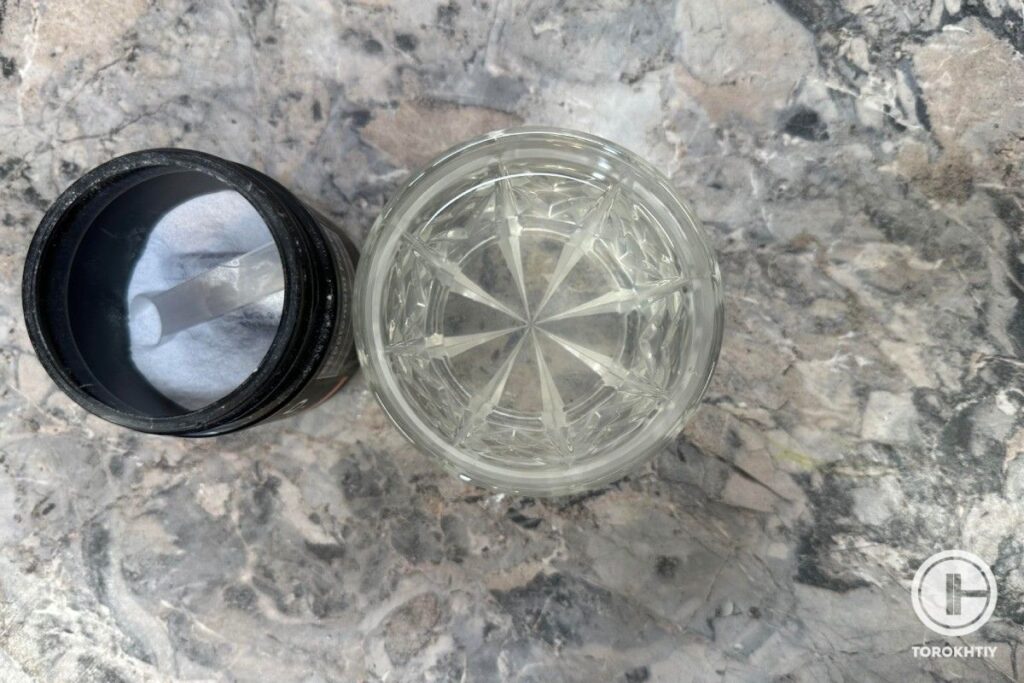
Potential Medical Benefits of Creatine Supplementation
Now that we know the role creatine plays in enhancing workout performance and physical training, let’s look at the potential medical uses of creatine in clinical populations.
They are as follows:
✅ Treating Ischemic Heart Disease
Patients who are at risk of strokes or ischemia (a condition where blood flow and oxygen are restricted to the heart), phosphocreatine and creatine supplementation can aid in improving the heart’s function, especially protecting the vital organ during an ischemic attack.
✅ Treating Creatine Deficiency Syndrome
Our body has the ability to synthesize creatine on its own, and transport it to the various organs and muscles. However, there is also a condition where some people have an inborn error where the body is not able to synthesize and carry its own creatine.
These individuals have low levels of PCr and creatine, which can result in clinical issues such as development problems, mental retardation, speech delay, movement disorders and muscle myopathies.
This is where creatine intake can be medically prescribed to treat or prevent such medical conditions.
✅ Treating Neurodegenerative Diseases
Creatine supplementation can be used to treat neurodegenerative conditions in adults and children. A clinical trial was conducted on patients with amyotrophic lateral sclerosis (ALS), Huntington’s disease (HD), and Parkinson’s disease (PD).
Unfortunately patients with PD and ALS showed no signs of improvement, whereas patients with HD showed a slight slowing down of the disease’s progression.
Our Recommended Creatine Supplement
Transparent Labs Creatine HMB
- Form: Powder
- Servings per Container: 60
- Type: Creatine Monohydrate
- Suitable for Vegans: Yes
- Other Ingredients: HMB (beta-Hydroxy-beta-Methylbutyrate), Bioperine
- Price per Serving (9.9g): ~$1.5
- Company Founded: 2011
- Recommended by Athletes: Hafþór Júlíus Björnsson, Pat Li, PAULINA
Even though creatine won’t give you the testosterone boost you’re hoping for, it will aid you in other ways when it comes to enhancing your exercise performance. And what better creatine supplement to take than StrengthSeries Creatine HMB by Transparent Labs.
It is among the best creatine supplements out there. A single scoop of 9.9g contains pure creatine monohydrate with HMB and Bioperine, resulting in an increase in power and strength for your upcoming training session while also enhancing the absorption of the nutrients in your body.
In order to improve your mental sharpness, reduce fatigue and enhance muscle growth, you get 12.5 mcg of Vitamin D as well. This addition also aids in regulating phosphorus and calcium throughout the body.
A lot of creatine supplements come with bad taste and even worse mixability, that is not the case here. With a whole bunch of flavors to choose from, you get a smooth texture when mixing with any liquids, allowing it to blend easily with a drink of your choice.
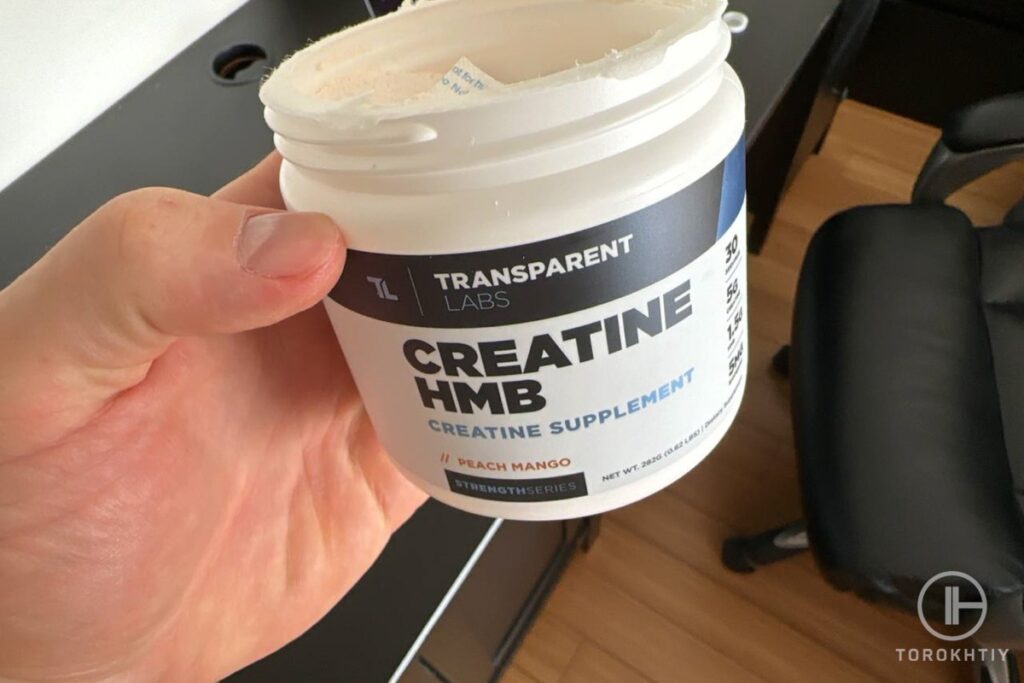
To ensure that you’re getting exactly what you paid for in terms of high quality ingredients, StrengthSeries Creatine HMB has been tested by 3rd party laboratories. It has no harmful ingredients or processing aids.
These especially include substances that are harmful for everyone, such as heavy metals. But if the manufacturer has independent testing for impurities, this is an additional guarantee of safety.
It is vegan so it caters to a wider range of dietary preferences. Its ability to increase lean muscle mass and improve performance in high-intensity exercise makes it a valuable supplement for both athletes and fitness enthusiasts.
Positives:
Could be better:
FAQ
Is Creatine A Testosterone Booster?
No. Some studies show increased testosterone with creatine, but the evidence is still inconclusive.
Should Men Take Creatine?
Depending on the individual’s need, yes, men of all ages can take creatine to boost energy and strength to perform long-term, high-intensity workouts.
Is Creatine Better Than Testosterone?
No, because these supplements are not interchangeable, and their efficacy depends on personal fitness goals and testosterone levels.
Does Creatine Lower Testosterone?
No, there is no evidence to suggest that creatine lowers testosterone levels.
Can You Take Creatine And Testosterone Together?
Yes, because there are no reported side effects from this combination. But there is no evidence either that taking these supplements together boosts their individual benefits.
Does Creatine Cause Hair Loss?
No, there is no evidence to suggest that creatine supplements result in hair fall or hair loss.
Does Creatine Have Testosterone In It?
No, there is no evidence to suggest that creatine contains any trace of testosterone.
Conclusion
So if you have been taking creatine or are planning to start its supplementation in the hopes that it will boost your testosterone, you can stop. There is no evidence that supports the claim that testosterone increases testosterone levels.
Of course, it can improve your workouts by boosting your physical performance and fuel your muscle growth. In fact, if you’re looking for one of the best creatine supplements in the market, you cannot go wrong with StrengthSeries Creatine HMB by Transparent Labs. With no artificial ingredients, pure creatine monohydrate and added HMB with BioPerine, you get the ideal supplement to enhance athletic performance and muscle development.
However, to answer the question, does creatine increase testosterone? It doesn’t!
What has your experience with creatine been like? Are you going through any treatment related to low testosterone? If so do share your thoughts with us!
Also read:
- Does Creatine Have Calories
- Does Creatine Give You Energy
- Does Creatine Have Caffeine
- Best Creatine Gummies
- Does Creatine Help With Recovery
- Does Creatine Dissolve in Water
- Transparent Labs Creatine Hmb Review
- Kaged Creatine Hcl Review
References:
- Juan Mielgo-Ayuso, “Effects of Creatine Supplementation on Athletic Performance in Soccer Players: A Systematic Review and Meta-Analysis”, National Center for Biotechnology Information, https://www.ncbi.nlm.nih.gov/ pmc/articles/PMC6520963/, (accessed January 22nd, 2024)
- Scotty Mills, Darren G. Candow, “Effects of Creatine Supplementation during Resistance Training Sessions in Physically Active Young Adults”, National Center for Biotechnology Information, https://www.ncbi.nlm.nih.gov/ pmc/articles/PMC7353308/, (accessed January 22nd, 2024)
- Johann van der Merwe, Naomi E Brooks, Kathryn H Myburgh, “Three weeks of creatine monohydrate supplementation affects dihydrotestosterone to testosterone ratio in college-aged rugby players”, National Center for Biotechnology Information, https://pubmed.ncbi.nlm.nih.gov /19741313/, (accessed January 22nd, 2024)
- Howard E. LeWine, MD “Testosterone: What it is and how it affects your health” https://www.health.harvard.edu/staying-healthy/testosterone–what-it-does-and-doesnt-do (accessed January 22nd, 2024)
- Roger Bielinski “Signs and Symptoms of Low Testosterone” https://www.healthline.com/ health/low-testosterone/warning-signs (accessed January 22nd, 2024)
- Jose Antonio, Darren G. Candow, Scott C. Forbes “Common questions and misconceptions about creatine supplementation: what does the scientific evidence really show?” https://jissn.biomedcentral.com /articles/10.1186/s12970-021-00412-w (accessed January 22nd, 2024)
- Benjamin Wax, Chad M. Kerksick, Andrew R. Jagim “Creatine for Exercise and Sports Performance, with Recovery Considerations for Healthy Populations” https://www.ncbi.nlm.nih.gov/ pmc/articles/PMC8228369/ (accessed January 22nd, 2024)
- Matthew B Cooke, Emma Rybalka, Andrew D Williams “Creatine supplementation enhances muscle force recovery after eccentrically-induced muscle damage in healthy individuals” https://pubmed.ncbi.nlm.nih.gov/19490606/ (accessed January 22nd, 2024)
- Michael Greenwood, Richard B. Kreider, Lori Greenwood “Cramping and Injury Incidence in Collegiate Football Players Are Reduced by Creatine Supplementation” https://www.ncbi.nlm.nih.gov /pmc/articles/PMC233174/ (accessed January 22nd, 2024)
- Michael E. Powers, Brent L. Arnold, Arthur L. Weltman “Creatine Supplementation Increases Total Body Water Without Altering Fluid Distribution” https://www.ncbi.nlm.nih.gov/pmc /articles/PMC155510/ (accessed January 22nd, 2024)
- L P Kilduff 1, E Georgiades, N James, R H Minnion, M Mitchell “The effects of creatine supplementation on cardiovascular, metabolic, and thermoregulatory responses during exercise in the heat in endurance-trained humans” https://pubmed.ncbi.nlm.nih.gov /15467102/ (accessed January 22nd, 2024)
- Richard B. Kreider, Douglas S. Kalman, Jose Antonio “International Society of Sports Nutrition position stand: safety and efficacy of creatine supplementation in exercise, sport, and medicine” https://www.tandfonline.com/ doi/full/10.1186/s12970-017-0173-z (accessed January 22nd, 2024)
- H F DeLuca “The metabolism and functions of vitamin D” https://pubmed.ncbi.nlm.nih.gov /3012979/ (accessed January 22nd, 2024)
- All photos are made by our Torokhtiy Media Team
Why Trust Us?
With over 20 years in Olympic Weightlifting, our team does its best to provide the audience with ultimate support and meet the needs and requirements of advanced athletes and professional lifters, as well as people who strive to open new opportunities and develop their physical capabilities with us.
By trusting the recommendations of our certified experts in coaching, nutrition, dietology, and sports training programming, as well as scientific consultants, and physiotherapists, we provide you with thorough, well-considered, and scientifically proven content. All the information given in the articles concerning workout programming, separate exercises, and athletic performance, in general, is based on verified data. We ensure that you can rely on our professionals’ pieces of advice and recommendations that can be treated as personalized ones which will benefit you and fully meet your needs.
The product testing process is described in more detail here
Camila has worked as a Nutritionist for 7 years. In addition to being a nutritionist, she is an amateur weightlifting athlete for 2 years. Camila has experience at Flamengo’s football base and in a food supplement company and currently provides services at a clinic. At the moment she is coursing a postgraduate study in Sports Nutrition.

